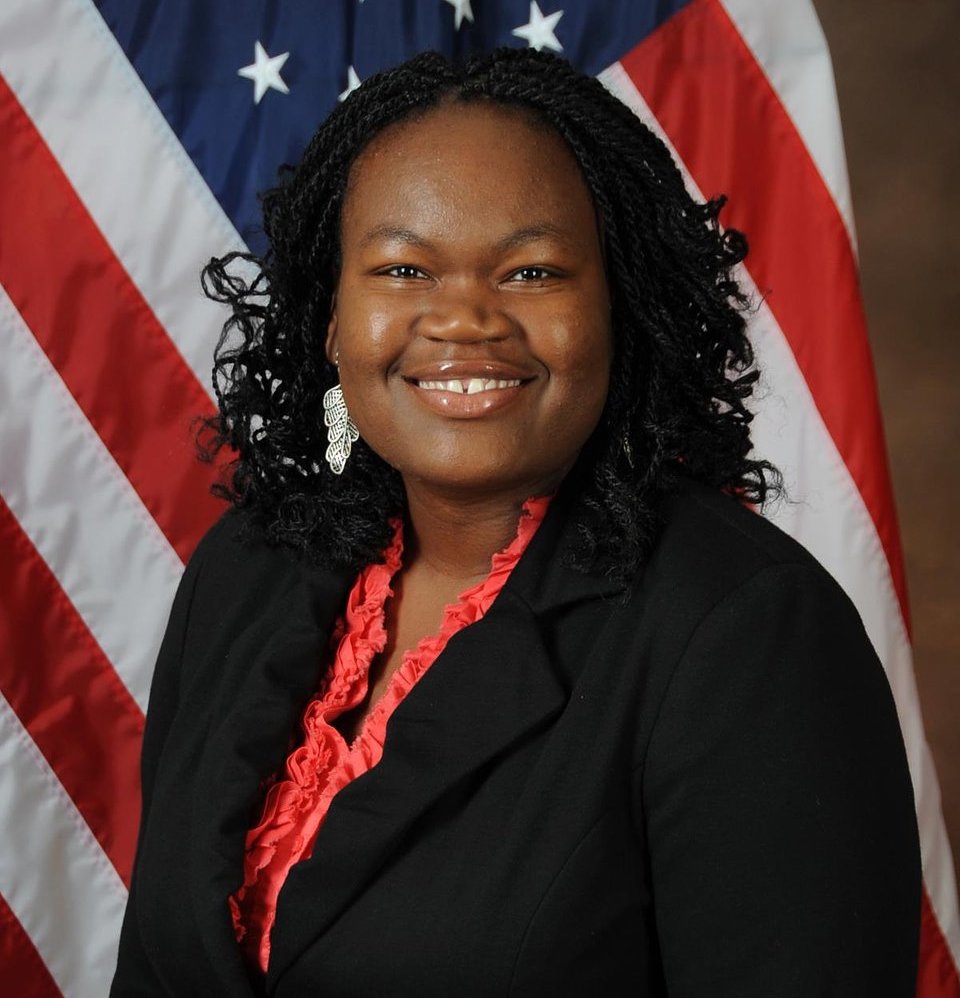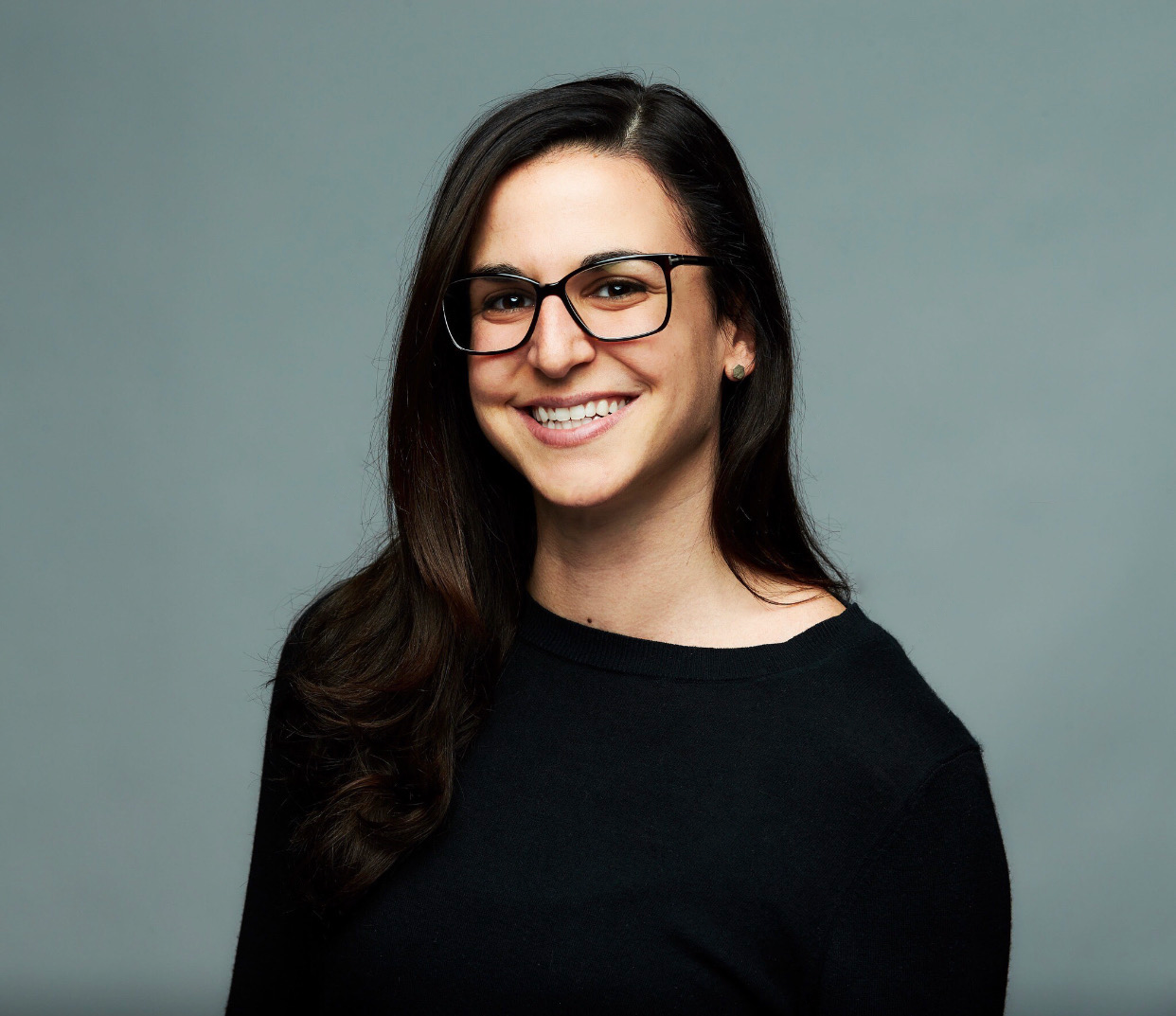Born in Long Beach, CA, USA • Birth year 1980 • Studied Mathematics at The University of Iowa in Iowa City, IA, USA • Highest Degree PhD in Mathematics • Lives in Northampton, MA, USA • Occupation Assistant Professor of Mathematics at Smith College
I first fell in love with mathematics in the 3rd grade. It was by pure coincidence though. You see in the 3rd grade I learned how to multiply. Now we did not learn through the tangible way of repeated addition, but with music and memorization. Both of these pedagogical choices stimulated my interest in two ways: my love of music and my competitiveness. Let me elaborate a bit about this.
My whole family is very musical. My maternal grandfather was in a DooWop group named “The Mellows”. He taught my mother to sing, which translated to me singing in the church choir with my siblings. My father constantly played music in our home, especially on his record player. My sister and brother made music a part of their careers and I listen to music any chance I get. Needless to say music played a huge positive role in my life, and still does. So when my teacher played the SchoolHouse Rock multiplication videos for us in class, I was instantly sold! I still sing the song “3 is a magic number” sometimes. I got to see that music could play a large role in learning mathematics. It made mathematics fun and enjoyable. It also helped me memorize the multiplication table because I had memorized the lyrics. This helped with my competitive nature.
Looking at those celebrated in mathematics, I didn’t see someone that looked like me.
I think it is no secret that when learning multiplication, students are often subjected to timed “times table” tests. This was a test or quiz or even just an assignment where you had to fill out a sheet of multiplication problems in maybe around 5 minutes. Oddly, I thrived on this type of competition. It wasn’t a competition with my classmates, but a competition with myself. How many “times-tables” could I remember? How fast could I write them all down? Would I improve my previous score? I think this competitive nature pushed me to love the act of learning, keeping me excited about understanding things at a deeper level. I will also say that this competitive nature has also led to my trivia team, Juneteenth Wreath LLC, being 4 time trivia champs across 2 different platforms #humblebrag.
While this was the first experience I had that created a love of mathematics, I didn’t stay in love. I have walked away from mathematics when I felt that it was not the place for me. Looking at those celebrated in mathematics, I didn’t see someone that looked like me. I assumed that meant that no matter how much I loved math, it did not love me back. (I was a bit of a dramatic teenager.) While I came back to mathematics and made it my career, it wasn’t until recently that I felt like I had a place in mathematics. I would often tell folks “I am a mathematics professor, but I don’t see myself as a mathematician”. The distinction was that while I enjoyed teaching and talking about mathematics, did I think about it on the level that most “mathematicians” do? No. I didn’t enjoy research too much, although I loved working with my collaborators. I didn’t enjoy watching research talks, unless I knew the speaker. I would also be so nervous giving talks, always a bit unsure if I was painting the correct picture. But recently this has all changed.
If today Candice could talk to 3rd grade Candice about this great path through mathematics she is going to venture on, I would tell her about the ups and downs.
I have met so many amazing people who are also mathematicians. Many, but not all, are from minoritized groups in the mathematics community, all forging ahead creating their own definition of what it means to be a mathematician. This community helped me finish my PhD in Mathematics at the University of Iowa, supported me through my postdoctoral work at the United States Military Academy at West Point, and been a great guide through multiple career decisions/milestones I have made/passed, including starting a tenure track position at Smith College and receiving tenure and promotion. If today Candice could talk to 3rd grade Candice about this great path through mathematics she is going to venture on, I would tell her about the ups and downs. Let her know that she is stronger and more clever than she knows. And that she is a mathematician, that she became one that day. I would also give her a small reminder that it is ok to not always be super excited about something– except for music, that is a love that never dies.



Recent Comments